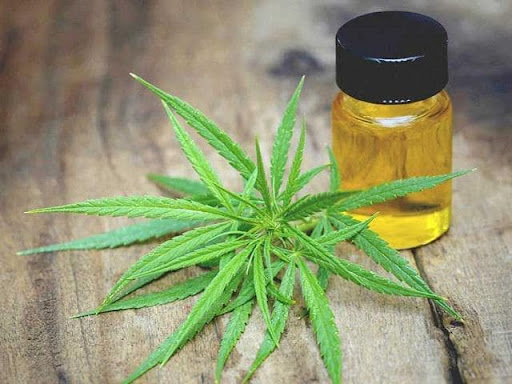
CBD and Bipolar Disorder
Bipolar disorder is a complex mental health condition characterized by extreme mood swings that include emotional highs (mania or hypomania) and lows (depression). While conventional treatments such as medication and therapy are commonly used, there is growing interest in complementary and alternative approaches to managing symptoms. One such approach that has garnered attention is the use of cannabidiol (CBD), a compound derived from the hemp plant, for its potential therapeutic effects on bipolar disorder symptoms.
Understanding Bipolar Disorder
Before delving into the potential benefits of CBD for bipolar disorder, it’s important to understand the condition itself. Bipolar disorder affects millions of people worldwide and can have a profound impact on all aspects of life, including mood, energy levels, and the ability to carry out day-to-day tasks. The exact cause of bipolar disorder is not fully understood, but factors such as genetics, brain structure, and environmental influences are believed to play a role in its development.
Individuals with bipolar disorder experience two main types of episodes: manic episodes and depressive episodes. During a manic episode, individuals may feel euphoric, energetic, and overly optimistic. They may engage in risky behaviors and have difficulty sleeping. On the other hand, depressive episodes are characterized by feelings of sadness, hopelessness, and low energy. These mood swings can occur with varying frequency and severity, making bipolar disorder a challenging condition to manage.
The Role of CBD in Bipolar Disorder Management
CBD, one of the many cannabinoids found in the hemp plant, has gained popularity in recent years for its potential therapeutic properties. Unlike tetrahydrocannabinol (THC), another well-known cannabinoid, CBD is not psychoactive, meaning it does not produce a “high” sensation commonly associated with hemp use. Instead, CBD is believed to interact with the body’s endocannabinoid system, which plays a role in regulating various functions such as mood, sleep, appetite, and pain sensation.
Research into the effects of CBD on bipolar disorder is still in its early stages, but preliminary findings suggest that CBD may offer some benefits for managing certain symptoms of the condition. For example, some studies have found that CBD may have antidepressant and anxiolytic (anxiety-reducing) effects, which could be beneficial for individuals experiencing depressive episodes associated with bipolar disorder. Additionally, CBD has been studied for its potential anti-inflammatory and neuroprotective properties, which may help protect against some of the neurological changes observed in bipolar disorder.

Potential Benefits of CBD for Bipolar Disorder Symptoms
While more research is needed to fully understand the effects of CBD on bipolar disorder, some individuals have reported positive experiences with using CBD as part of their treatment regimen. Here are some potential benefits of CBD for managing bipolar disorder symptoms:
- Mood Stabilization: CBD may help regulate mood by interacting with serotonin receptors in the brain, which are involved in mood regulation. By modulating serotonin levels, CBD could potentially help stabilize mood and reduce the frequency and severity of mood swings associated with bipolar disorder.
- Anxiety Reduction: Anxiety commonly co-occurs with bipolar disorder and can exacerbate symptoms such as agitation and restlessness. CBD’s anxiolytic properties may help alleviate anxiety symptoms, promoting a sense of calm and relaxation.
- Sleep Improvement: Disrupted sleep patterns are a hallmark of bipolar disorder, with individuals often experiencing insomnia during manic episodes and hypersomnia during depressive episodes. CBD has been studied for its potential to improve sleep quality and duration, which could be beneficial for individuals with bipolar disorder who struggle with sleep disturbances.
- Neuroprotective Effects: Bipolar disorder is associated with structural and functional changes in the brain, including alterations in neuronal connectivity and inflammation. CBD’s neuroprotective properties may help mitigate some of these changes, potentially slowing the progression of the disorder and protecting against cognitive decline.
Conclusion
While CBD shows promise as a natural approach to managing bipolar disorder symptoms, it is important to emphasize that it is not a cure-all and should be used as part of a comprehensive treatment plan under the guidance of a healthcare professional. Additionally, CBD products vary in quality and potency, so it’s essential to choose reputable brands and consult with a healthcare provider to determine the most appropriate dosage and administration method.
In conclusion, CBD may offer a natural and potentially effective option for individuals seeking alternative ways to manage bipolar disorder symptoms. However, more research is needed to fully understand its effects and determine its long-term safety and efficacy. As always, it’s crucial for individuals with bipolar disorder to work closely with their healthcare team to develop a personalized treatment plan that addresses their unique needs and preferences. Please check this site to learn more about CBD and bipolar disorder.






